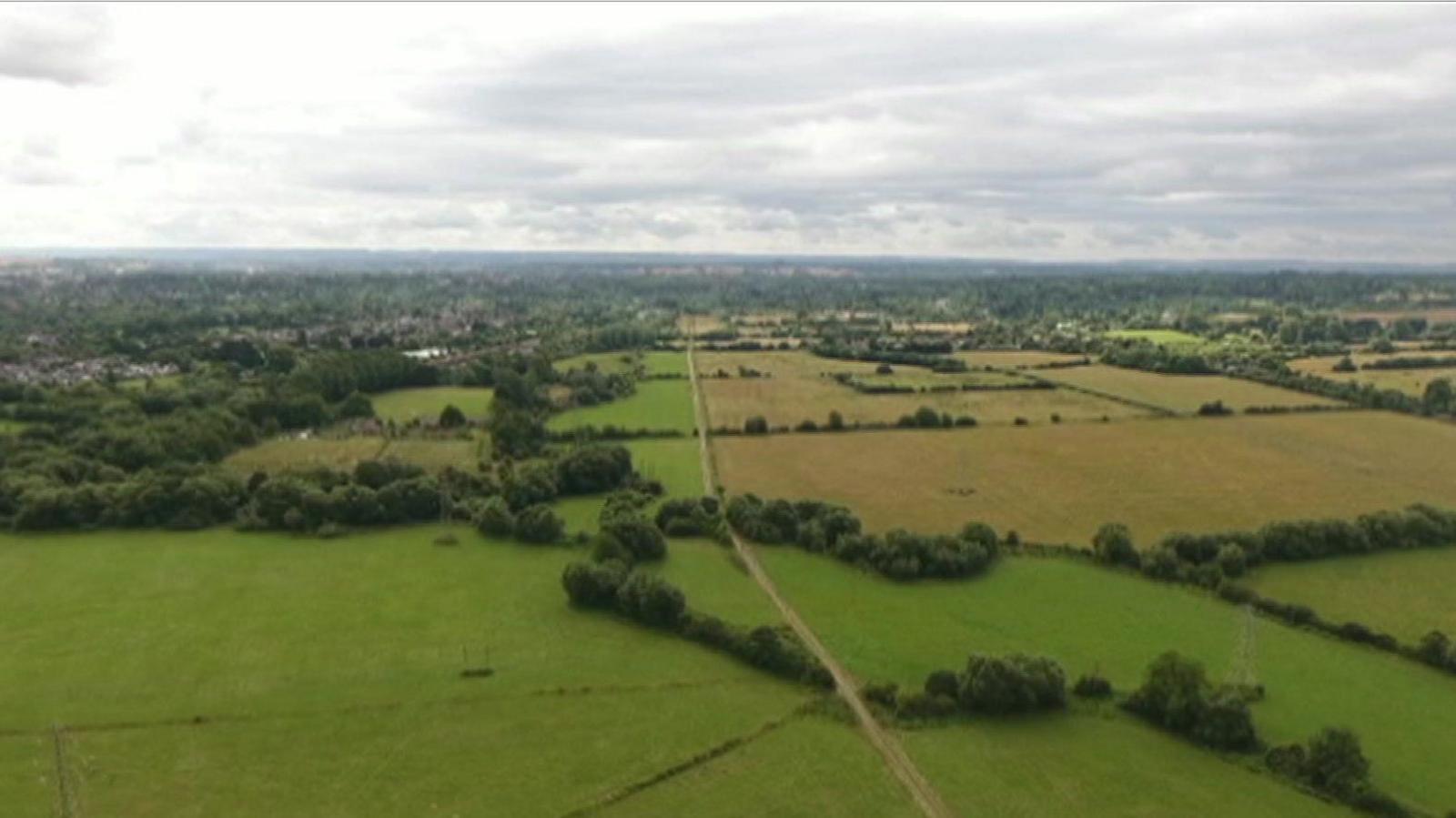'Disappointment' after real living wage bid paused

Vale of White Horse District Council said becoming a real living wage employer was a "time-consuming and resource intensive process"
- Published
An Oxfordshire council has "paused" its bid to be accredited as an employer that pays the real living wage.
Green councillors on Vale of White Horse District Council pushed for the move back in 2023, after it was revealed some council contractors were paying the lower minimum wage.
But the Lib Dem-controlled authority said it had undertaken a "consideration of workload" following the government's announcement that local government would be reorganised.
It said that it would be "for the new council to set its own direction on HR matters such as pay".
The Living Wage Foundation puts the real living wage at £12.60 per hour outside London - above the National Minimum Wage of £12.20.
It says that more than 16,000 employers have been given an accreditation for paying the higher amount.
But Vale of White Horse District Council said getting that accreditation involved contacting all the authority's third-party suppliers and contractors to seek their commitment to pay the living wage.
It said that was a "time-consuming and resource intensive process".
Green councillor Katherine Foxhall said the decision to pause work towards accreditation was disappointing.
She said: "We still really think that it's vital that as major employers within the county, that councils really lead by example.
"Particularly in the context of local government reform, what we're trying to get our leaders to do is to set the tone and the priorities of whichever authority that follows.
"It's really vital that we say these are the things that are important to us, these are our priorities.
"Paying people fairly is a crucial aspect of council services."
Under plans for local government reorganisation, district councils in Oxfordshire will cease to exist in 2028, and the county's two tier system will be replaced with unitary authorities.
A council spokesperson said all its directly employed staff were paid the real living wage.
"We are committed to providing the best employment conditions and have encouraged many of the over thousand contractors and suppliers we work with to comply," they added.
Get in touch
Do you have a story BBC Oxfordshire should cover?
You can follow BBC Oxfordshire on Facebook, external, X (Twitter), external, or Instagram, external.
- Published10 July

- Published8 December 2024

- Published4 June
